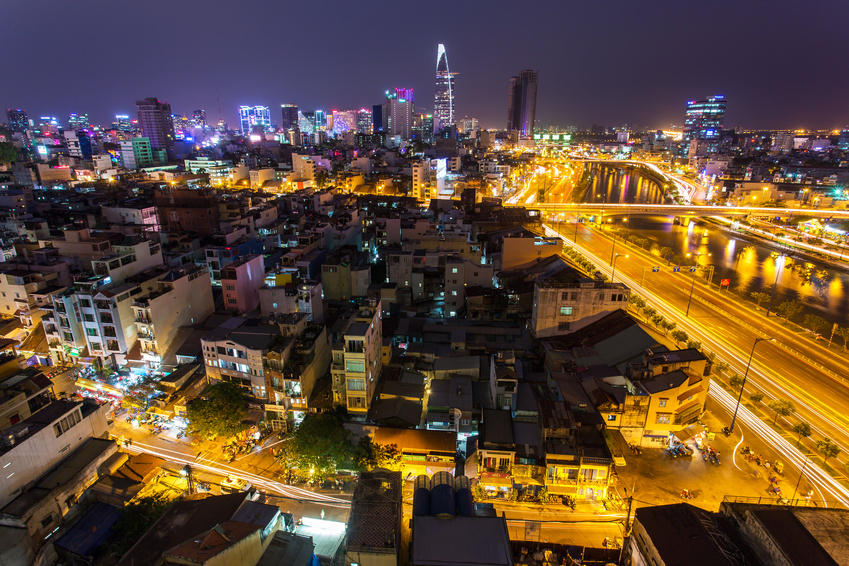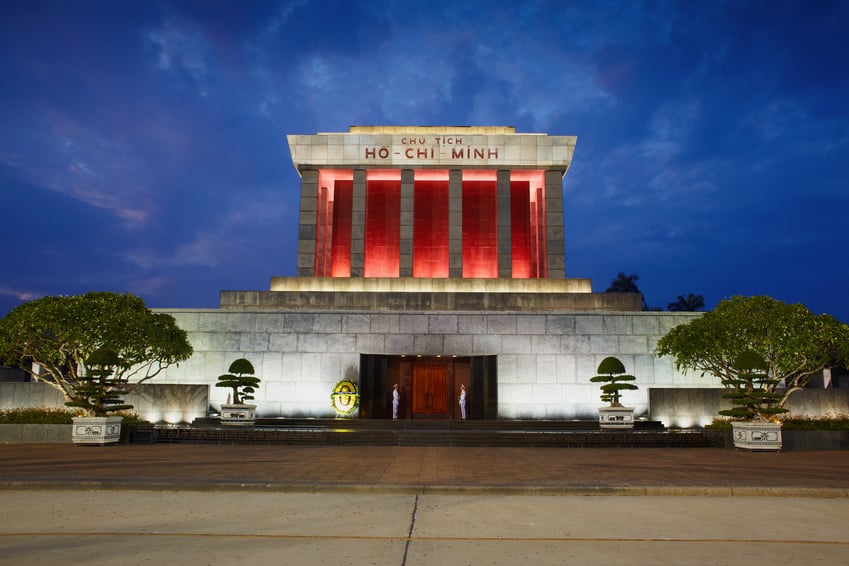Excerpt: Vietnam has acknowledged the importance of hydrogen and recently made initial steps in the regulatory formulation for the development of hydrogen. Together with the recently approved national power development master plan (PDP8) and its implementation plan as well as the national overall master plan for energy, on 7 February 2024, the Prime Minister of Vietnam issued Decision No. 165/QD-TTg approving the national strategy for the development of hydrogen to 2030, with a vision to 2045 (“Hydrogen Strategy”). The Hydrogen Strategy lays the preliminary foundation for the development of hydrogen in the upcoming period by officially setting out the viewpoints, goals, directions, and the relevant implementation tasks and measures. Accordingly, this marks a significant step in Vietnam’s transition to green energy, focusing on new and clean energy sources (including hydrogen).
Excerpt: On 12 March 2024, the Ministry of Industry and Trade’s Electricity Regulatory Authority of Vietnam released for public comment a draft new circular, which if adopted would take effect from 1 July 2024 and would replace Circular No. 45/2018/TT-BCT dated 15 November 2018 regulating the operation of the Vietnam Wholesale Electricity Market.
The New Bidding Law took effect on 1 January 2024. To facilitate the implementation of this New Bidding Law, effective from 27 February 2024, the Government of Vietnam issued Decree No. 23/2024/ND-CP elaborating on the regulations of the New Bidding Law in terms of bidding for the selection of investors for projects that are subject to the bidding process under the regulations of specialized sectors.
Among other renewable power sources, rooftop solar (RTS) power has increasingly become an important power supply source in Vietnam in recent years. However, the implementation of the PDP8 demands some changes to policies and regulations on the development of RTS power. In this update, we provide an overview of the RTS power development in Vietnam from a regulatory and legal perspective, along with an analysis of key legal considerations for the development of new RTS power projects in Vietnam.
On 1 July 2023, the Government officially issued the new Decree No. 46/2023/ND-CP for implementing a number of articles of the new Law on Insurance Business 2022 (“Decree No. 46”). Decree No. 46 takes effective from 1 July 2023 (except for certain clauses, which take effect from 1 January 2023) and replaces the previous Decree No. 73/2016.
Among other things, Decree No. 46 provides detailed guidelines on the licensing requirements and process for participants in the insurance market, the operation of insurance agencies, insurance brokers and insurance ancillary service providers, and supplying cross-border services.
The National Assembly of Vietnam has passed the new Insurance Business Law on 16 June 2022 at the meeting of the National Assembly. The New Law has provided significant changes to the Current Law and will have a major impact on the development of Vietnam’s insurance market.
On 10 April 2020, the prime minister approved, under Decision No. 503/QD-TTg, a mission to formulate a national infrastructure plan for oil and gas reserves and supply for the 2021-2030 period, with a vision to 2050. In accordance with this decision, on 31 December 2021, the Ministry of Industry and Trade released a draft for comments from relevant agencies. The Draft Plan covers two main areas: reserves, and supply.
On 11 January 2022, the Office of Government of Vietnam issued Document No. 229/VPCP-CN to the Ministry of Industry and Trade of Vietnam for the next steps of updating the draft regulations on the implementation of the pilot program on the direct power purchase agreement mechanism between renewable energy power generation companies and major power consumers.
Vietnam is projected to be the only ASEAN economy to report growth following the emergence of the global COVID-19 pandemic. With the ratification of the CPTPP, EVFTA, and entering into RCEP, coupled with the fallout from regional trade tensions, the country is poised as the next regional hub for logistics and manufacturing, energy production, agricultural production and distribution, and corporate investment.
The National Assembly of Vietnam, at its recent 10th meeting, has adopted the new Law on Environmental Protection following the proposal of the Ministry of Natural Resources and Environment of Vietnam. The New Law represents the most significant modernization of the environmental law regime of Vietnam since the first law on environmental protection in 1993. It will take effect on 1 January 2022 and will replace the current 2014 Law on Environmental Protection.




